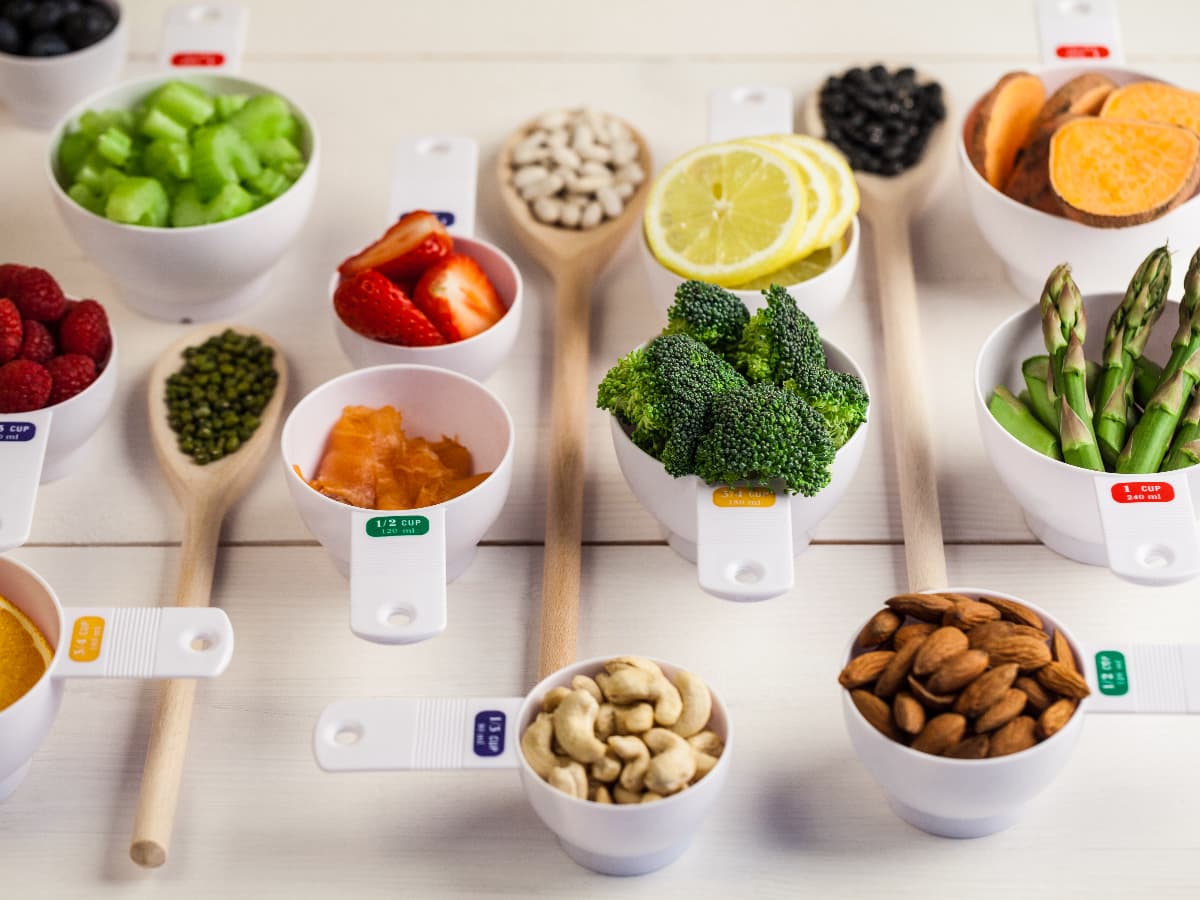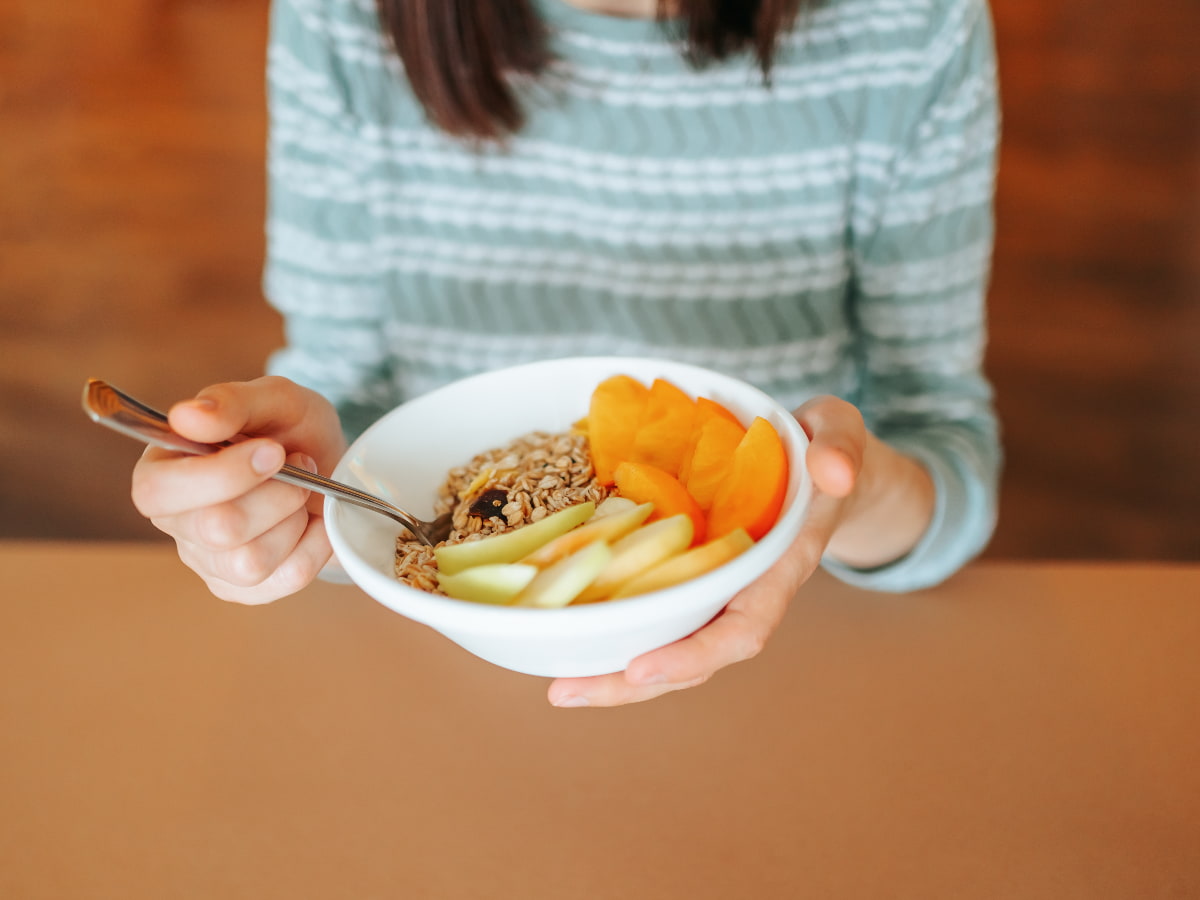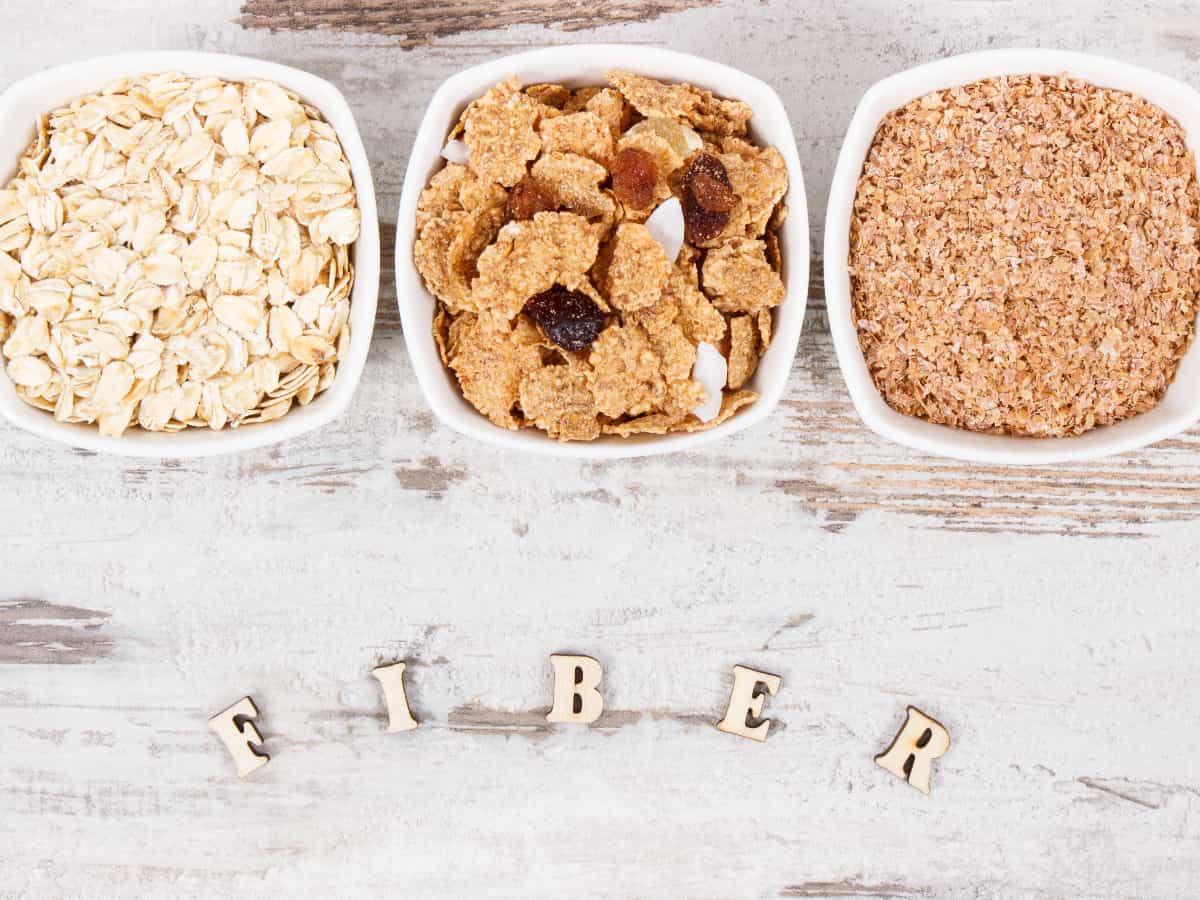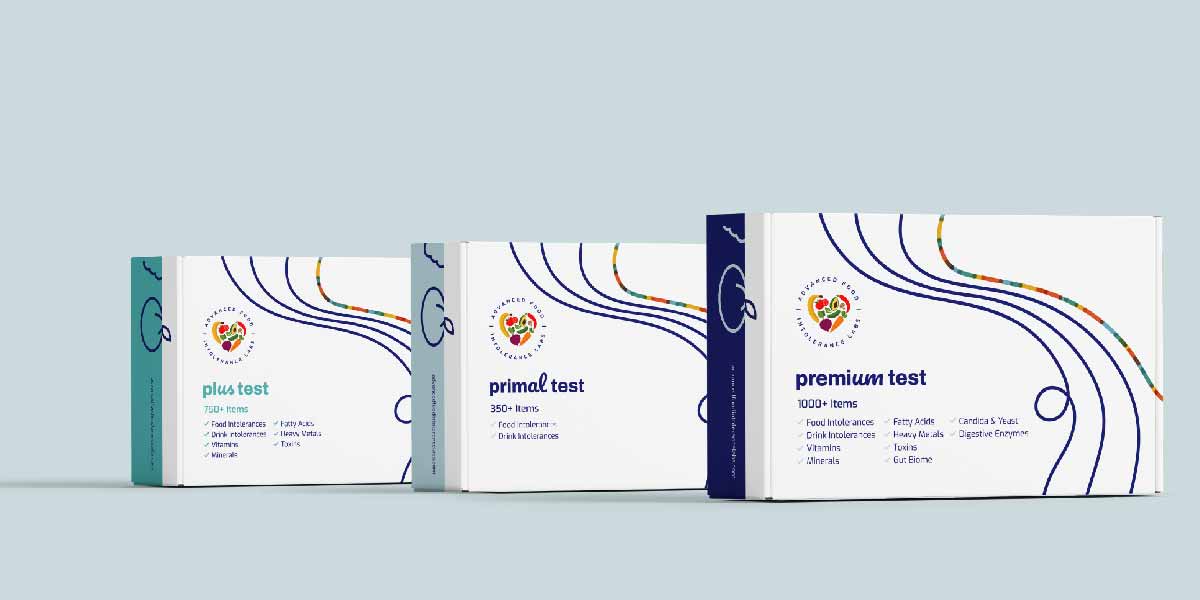Table of Contents
Constipation is a common digestive disorder that affects individuals of all ages, significantly impacting their quality of life. It is characterized by infrequent bowel movements, difficulty passing stools, or a sensation of incomplete evacuation. The roots of constipation can vary, ranging from dietary habits to lifestyle choices and even underlying medical conditions. Among the various solutions explored to alleviate this condition, dietary adjustments, particularly increasing fiber intake, stand out for their natural efficacy and additional health benefits.

Dietary fiber, a plant-based nutrient, is not digested by the body. Instead, it passes relatively intact through your stomach, small intestine, and colon, and out of your body. It is known for its critical role in maintaining digestive health, primarily by preventing and managing constipation. Incorporating a high fiber diet is not merely a remedy but a proactive approach to enhancing overall digestive function. This article explores the significance of high fiber diets in overcoming constipation, underlining the importance of fiber in digestive health and providing practical advice on how to effectively incorporate it into one's daily regimen.
Understanding Constipation
Constipation is more than an occasional inconvenience; for many, it is a chronic condition that necessitates thoughtful management. It is most prevalent among the elderly, pregnant women, and individuals with dietary and lifestyle factors that contribute to digestive slowdowns. The primary causes of constipation include a diet low in fiber, inadequate hydration, a sedentary lifestyle, the side effects of certain medications, and the impact of stress and routine changes on the gastrointestinal system.
The symptoms of constipation extend beyond infrequent bowel movements. They include hard or lumpy stools, straining during bowel movements, and a feeling that not all stool has passed. Chronic constipation can lead to more serious health issues, such as hemorrhoids, anal fissures, fecal impaction, and in severe cases, rectal prolapse.
Understanding the pivotal role of dietary and lifestyle factors in constipation is the first step towards mitigating its impact. Among these factors, the intake of dietary fiber is notably significant. Fiber's ability to add bulk and softness to stools makes it a key element in preventing and relieving constipation. Despite its proven benefits, many individuals consume far less than the recommended daily intake of fiber, missing out on its preventive and therapeutic effects on constipation.
By delving into the types of fiber and their specific roles in digestive health, we can better appreciate the comprehensive approach required to combat constipation. The subsequent sections will explore these aspects, providing practical advice on incorporating high fiber foods into the diet and making lifestyle adjustments to support digestive well-being.
The Role of Dietary Fiber in Digestive Health
Dietary fiber plays an indispensable role in maintaining digestive health, especially when it comes to preventing and managing constipation. Understanding the types of fiber and how they work can help you make informed choices about your diet.
Types of Dietary Fiber

Dietary fiber is categorized into two main types: soluble and insoluble, each with distinct benefits for the digestive system.
- Soluble Fiber dissolves in water to form a gel-like substance in the gut. This type of fiber helps soften stools, making them easier to pass. It's found in foods like oats, apples, carrots, and beans. Besides aiding digestion, soluble fiber can also help lower blood cholesterol and glucose levels.
- Insoluble Fiber does not dissolve in water. It adds bulk to the stool and can help food pass more quickly through the stomach and intestines, reducing the chance of constipation. Sources include whole wheat flour, wheat bran, nuts, and vegetables.
How Fiber Prevents and Relieves Constipation
Fiber increases the weight and size of your stool and softens it. A bulky stool is easier to pass, decreasing your chance of constipation. If you have loose, watery stools, fiber can help to solidify the stool because it absorbs water and adds bulk to the stool.
For adults, the recommended daily intake is about 25 grams for women and 38 grams for men. However, most people consume less than half of the recommended amount, contributing to digestive problems like constipation.
High Fiber Foods and How to Incorporate Them Into Your Diet
Incorporating high fiber foods into your diet is easier than you might think. Here are some nutritious foods that are high in fiber and tips for including them in your daily meals:
High Fiber Foods
- Fruits: Apples, bananas, oranges, and berries are not only sweet and filling but also packed with fiber.
- Vegetables: Incorporate more broccoli, carrots, and Brussels sprouts into your meals for a fiber boost.
- Whole Grains: Switch to whole grain bread, pasta, and rice instead of their refined counterparts.
- Legumes: Beans, lentils, and peas are excellent sources of fiber and protein.
- Nuts and Seeds: Almonds, flaxseeds, and chia seeds can be added to yogurts, salads, or smoothies for an extra fiber kick.
Incorporating High Fiber Foods Into Your Diet

- Start Slowly: Rapidly increasing fiber intake can lead to gas, bloating, and cramps. Gradually add fiber to your diet to give your body time to adjust.
- Balance with Water: As you increase fiber, also increase your water intake to help fiber pass through your digestive system smoothly.
- Creative Cooking: Find fun and tasty ways to add more fiber to your meals. For example, add berries to your cereal, use vegetables in your pasta dishes, or snack on nuts instead of chips.
- Read Labels: When shopping, look for whole grain labels and check the fiber content on nutrition labels to make smarter food choices.
Lifestyle Modifications to Enhance the Benefits of a High Fiber Diet
Adopting a high fiber diet is a powerful step towards improving digestive health and overcoming constipation. However, the benefits of such a diet can be significantly enhanced with complementary lifestyle modifications. Here are essential adjustments to consider:
Physical Activity
Regular exercise is crucial for stimulating digestion and promoting regular bowel movements. Physical activity helps to increase blood flow to all parts of your body, including your digestive system, facilitating more efficient processing and movement of food. Aim for at least 150 minutes of moderate aerobic activity, such as walking, cycling, or swimming, spread throughout the week. Even gentle movements like yoga or stretching can be beneficial.
Hydration
Fiber works best when it absorbs water, making stools soft and bulky. Without adequate water intake, high fiber consumption can lead to even more constipation. Adults should aim to drink at least 8 glasses of water per day, more if you're active or live in a hot climate. Incorporate hydrating foods into your diet, such as cucumbers, tomatoes, and watermelons, to help meet your fluid intake goals.
Regular Bathroom Routine

Establishing a consistent bathroom routine can also help manage constipation. Try to go at the same time each day, ideally after a meal, to take advantage of the natural increase in intestinal activity. Don’t ignore the urge to go; delaying bowel movements can lead to harder stools and more difficulty passing them.
Potential Challenges and How to Overcome Them
While transitioning to a high fiber diet, you may encounter some challenges. Here’s how to deal with them effectively:
Managing Side Effects
A sudden increase in fiber can lead to bloating, gas, and abdominal cramps. These symptoms typically resolve as your body adjusts. To minimize discomfort, increase your fiber intake gradually over several weeks. This allows your digestive system to adapt without causing undue stress. Additionally, ensure you're drinking plenty of water to help fiber move through your digestive system more easily.
Dispelling Misconceptions
Some people might be hesitant to adopt a high fiber diet due to misconceptions, such as the belief that all high fiber foods are unpalatable. However, many delicious foods are high in fiber, from ripe berries and crunchy nuts to savory whole grains and legumes. Experimenting with recipes and preparation methods can uncover a whole new world of enjoyable, fiber-rich meals.
Adjusting for Health Conditions
Individuals with specific health conditions like Irritable Bowel Syndrome (IBS) may need to adjust their fiber intake carefully. For some, certain types of fiber might exacerbate symptoms. It's essential to consult with a healthcare provider or a dietitian to tailor your diet to your specific needs, possibly focusing on soluble fiber, which is gentler on the digestive system, or gradually increasing insoluble fiber to assess tolerance.
Frequently Asked Questions
How much fiber should I eat daily to prevent constipation?
Adults should aim to consume 25 to 30 grams of dietary fiber each day, according to general guidelines. However, individual needs may vary, so it's important to listen to your body and adjust your intake as needed. Gradually increasing fiber in your diet along with adequate fluid intake can help prevent constipation effectively.
Can increasing fiber intake cause any side effects?
Yes, a sudden increase in fiber intake can lead to bloating, gas, and abdominal discomfort in some people. To minimize these side effects, it's recommended to gradually increase your fiber intake and ensure you're drinking plenty of water throughout the day to help the fiber move through your digestive system more easily.
What are the best high fiber foods to eat for constipation relief?

Foods rich in fiber such as raspberries, pears, apples (with the skin on), lentils, black beans, whole grains like barley and bran flakes, and vegetables like broccoli and Brussels sprouts are excellent for constipation relief. Incorporating a variety of these foods into your diet can help maintain regular bowel movements.
Is it possible to consume too much fiber?
Yes, consuming an excessive amount of fiber can lead to discomfort, such as bloating, gas, and even constipation or intestinal blockage in severe cases. It's crucial to balance your fiber intake and increase it gradually, paying attention to your body's response and adjusting as necessary.
How important is water intake when consuming a high fiber diet?
Water intake is extremely important when consuming a high fiber diet. Fiber absorbs water, which helps soften the stools and supports healthy bowel movements. Failing to drink enough water can lead to harder stools that are difficult to pass, counteracting the benefits of a high fiber diet. Aim for at least 8 glasses of water a day, or more based on your activity level and individual needs.
Conclusion
As we have explored throughout this article, a high fiber diet plays a pivotal role in not only preventing but also managing constipation, a common yet uncomfortable condition that affects a significant portion of the population. The incorporation of both soluble and insoluble fibers into one’s diet ensures a smoother digestive process, facilitating easier bowel movements and thus mitigating the discomfort associated with constipation.
Adopting a diet rich in fruits, vegetables, whole grains, legumes, nuts, and seeds, while simultaneously ensuring adequate fluid intake and engaging in regular physical activity, can significantly enhance digestive health. This holistic approach not only alleviates constipation but also contributes to a more vibrant, healthier life overall.
It is crucial, however, to remember that increasing fiber intake should be a gradual process. A sudden surge in fiber consumption can lead to bloating, gas, and other digestive discomforts. Therefore, it's important to listen to your body and make adjustments as needed, ideally under the guidance of a healthcare provider, especially for individuals with specific health conditions.



